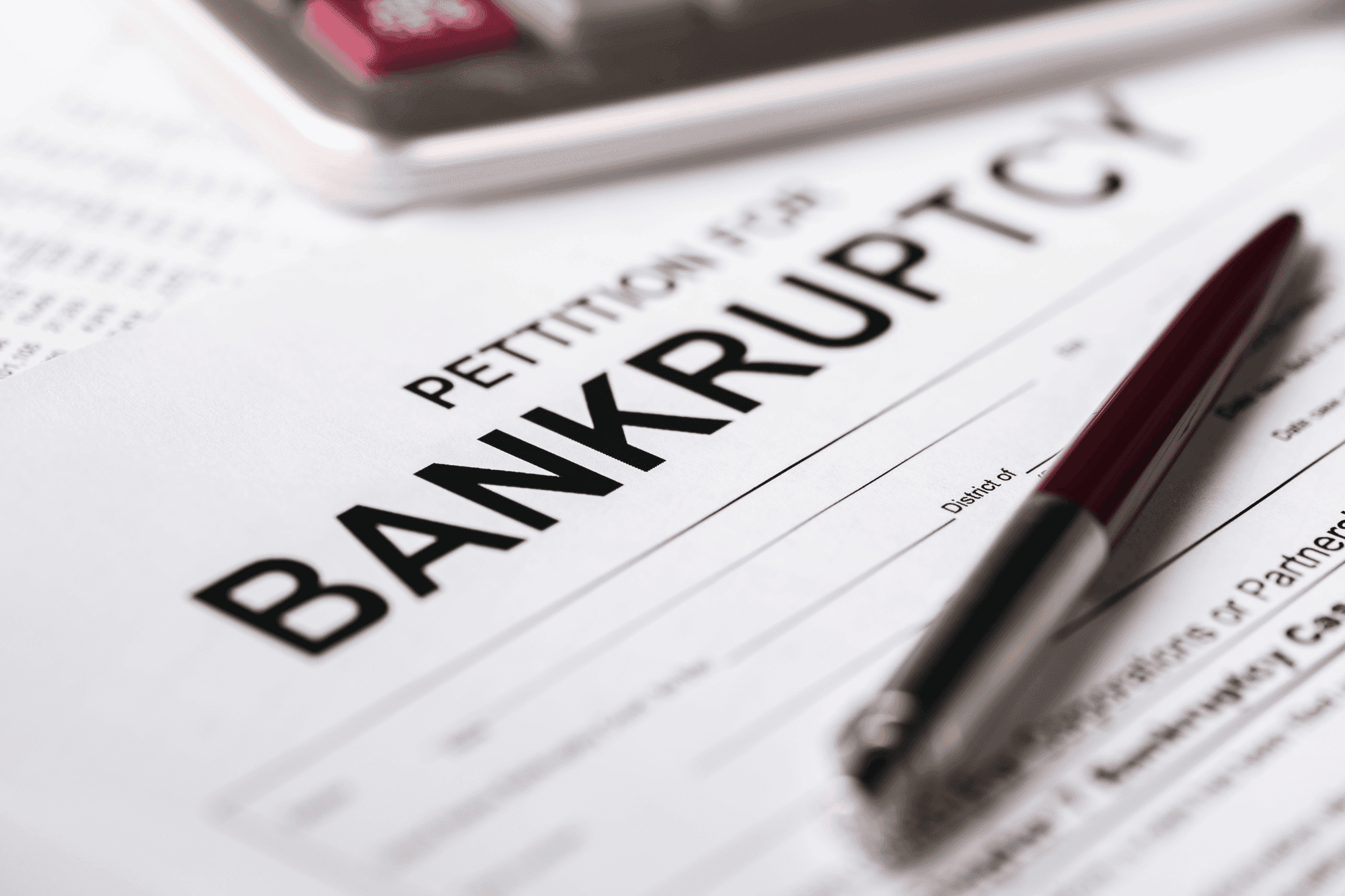Guide

When it comes to borrowing money, understanding the type of loan you’re taking out is essential. Two primary types of loans—non-recourse and recourse—come with distinct terms, risks, and benefits that can significantly impact your financial future. At Instabridge, we specialize in non-recourse funding solutions for plaintiffs, but it’s important to understand how non-recourse loans compare to traditional recourse loans. In this article, we’ll break down the critical differences between these two loan types so you can make informed decisions.
What Are Non-Recourse Loans?
A non-recourse loan is a type of loan where repayment is limited to a specific collateral asset. If the borrower cannot repay the loan, the lender can only seize the collateral to recover their money. Importantly, the lender cannot pursue the borrower’s personal assets or income to cover the shortfall.
Key Features of Non-Recourse Loans:
Repayment Limited to Collateral: The lender’s recovery is restricted to the value of the pledged asset.
No Personal Liability: If the collateral is insufficient, the borrower is not personally responsible for the remaining balance.
Common Use Cases: Non-recourse loans are often used in pre-settlement funding, real estate financing, and high-risk transactions.
Example: If you secure a non-recourse pre-settlement loan through Instabridge and your case does not settle, you owe nothing. The repayment is tied solely to the outcome of your legal case.
What Are Recourse Loans?
A recourse loan, on the other hand, allows the lender to pursue the borrower’s personal assets if the collateral does not fully cover the loan balance. In this case, the borrower assumes personal liability for the debt.
Key Features of Recourse Loans:
Full Liability: If the collateral is insufficient, the lender can seize other personal assets or income to satisfy the debt.
Common Use Cases: Recourse loans are typically found in traditional mortgages, auto loans, and personal loans.
Lender Advantage: Recourse loans give lenders a higher level of security because they can recover losses from the borrower.
Example: If you take out a traditional loan to buy a car and default on your payments, the lender can repossess the car and pursue additional payment from you to cover any remaining balance.
Key Differences Between Non-Recourse and Recourse Loans
To help you better understand, here’s a side-by-side comparison of non-recourse and recourse loans:

Why Non-Recourse Loans Are a Better Choice for Plaintiffs
For plaintiffs waiting on a legal settlement, non-recourse loans offer several advantages over traditional recourse loans:
No Risk to Personal Assets With non-recourse funding, there’s no risk of losing personal property, savings, or income. If your case does not settle, you owe nothing.
Financial Peace of Mind Plaintiffs often face financial pressure during lengthy litigation. Non-recourse loans provide a safety net without adding stress about repayment.
No Credit Checks or Income Verification Unlike recourse loans, non-recourse loans do not require a credit check or proof of income. Your eligibility is based solely on the strength of your case.
Risk-Free Support At Instabridge, we take on the financial risk so you can focus on achieving a favorable outcome in your case.
When Should You Choose a Non-Recourse Loan?
Non-recourse loans are ideal for situations where:
You are involved in a pending lawsuit and need financial relief before settlement.
You do not want to risk personal liability.
You need funds quickly without impacting your credit or income.
For plaintiffs, pre-settlement funding through Instabridge provides the financial flexibility to manage expenses and wait for a fair settlement without the pressure to settle prematurely.
Why Instabridge Is Your Trusted Non-Recourse Funding Partner
At Instabridge, we specialize in non-recourse pre-settlement funding to help plaintiffs bridge the financial gap during litigation. Here’s why clients trust us:
Fast and Simple Process Approvals are quick, and funds are often disbursed within 24-48 hours.
No Personal Risk If your case does not result in a settlement, you owe us nothing.
No Credit or Income Requirements We evaluate your case—not your credit score or income history.
Transparent Terms We provide clear and upfront terms with no hidden fees.
Final Thoughts
Understanding the difference between non-recourse and recourse loans can help you make better financial decisions. For plaintiffs, non-recourse funding provides a risk-free solution that prioritizes your financial stability while you pursue justice.
At Instabridge, we’re committed to supporting plaintiffs through transparent, fast, and risk-free non-recourse funding options. If you’re facing financial challenges during your case, we’re here to help.
Start Your Application Today
Secure the financial relief you need without risking your personal assets. Apply for non-recourse pre-settlement funding with Instabridge and take control of your legal journey.
Other Blogs














































































































































































